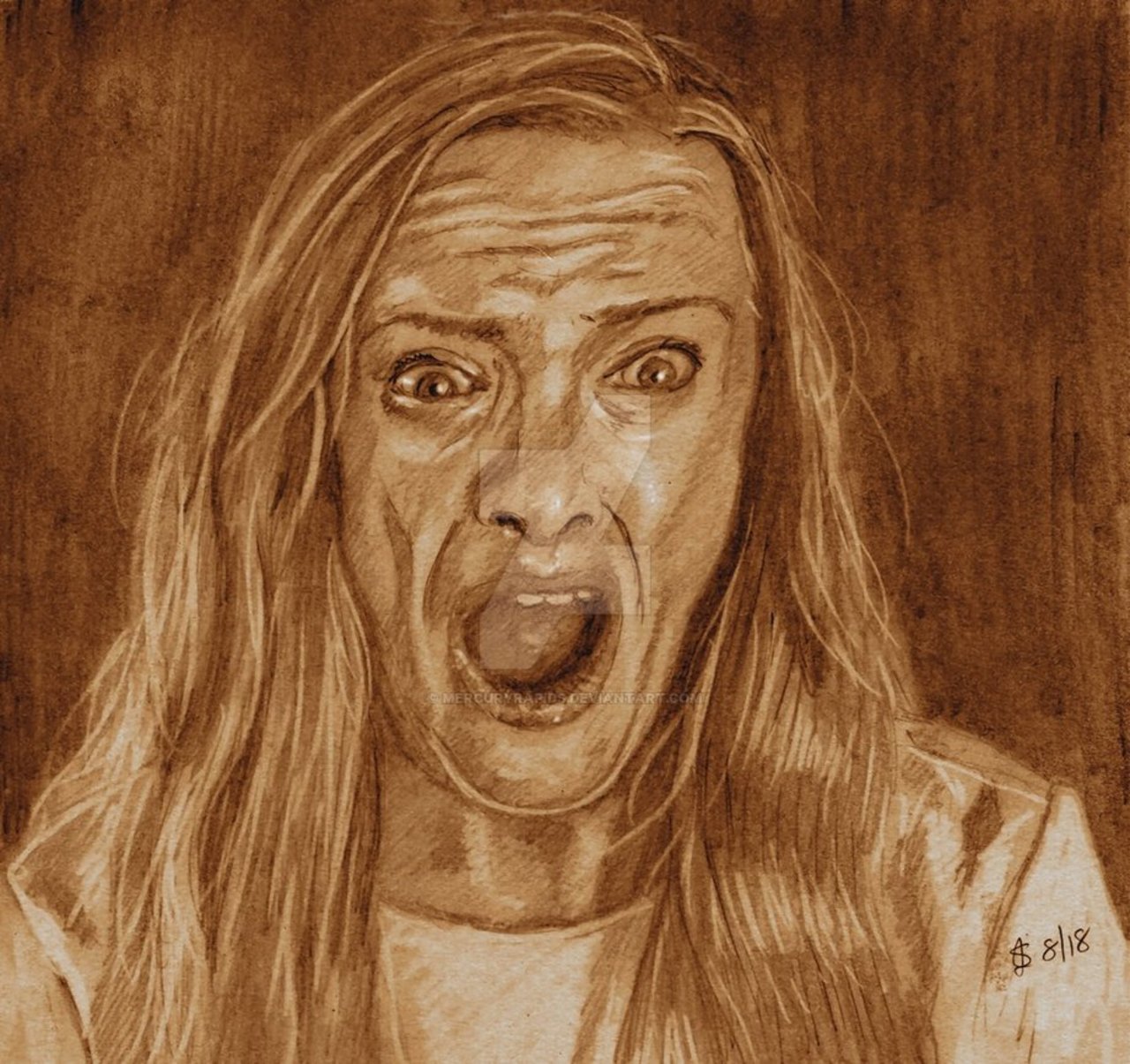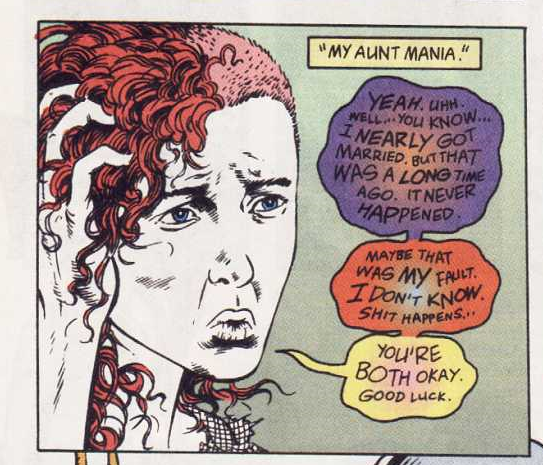Mental health vs Fear and Pleasure
“Heard joke once: Man goes to doctor. Says he's depressed. Says life seems harsh and cruel. Says he feels all alone in a threatening...

“Heard joke once: Man goes to doctor. Says he's depressed. Says life seems harsh and cruel. Says he feels all alone in a threatening world where what lies ahead is vague and uncertain. Doctor says, "Treatment is simple. Great clown Pagliacci is in town tonight. Go and see him. That should pick you up." Man bursts into tears. Says, "But doctor...I am Pagliacci.”
As the globe undergoes a transformation to compress and condense into a mini version of its former self, which in turn allows for the incessant redefinition of what was once deemed impossible, its most intelligent occupants come to a painful realization that these changes they made, as innocent and well-intended as they seem, are ushering in an overwhelming reign of mental illness. Maybe, unbeknown to them, their world has long been taken over. Maybe, this intangible plague has only been in charge for some time. Maybe, the truth is something else. Whatever it is, mental illness is not stopping.
Reports showed that in 2016, there were roughly 1.1 billion people (about 15 - 20% of the global population) suffering from mental and substance use disorders. Every 30 seconds, a person on this planet commits suicide and nearly 90% of these deaths result from the aforementioned problems. These numbers are staggering at best and alarming at worst. But there's a glitch. For the majority, mental illness is virtually absent from both daily life and the social media. Correlation does not equate to causation; still, it cannot explain why the reality is going one direction while data are pointing to the complete opposite.
Why is there such a big discrepancy between facts and figures? Because of fear. One side fears the shame they have to incur while the other fears being "infected", "intoxicated" and fear responsibility. One side chooses to hide while the other chooses to avoid and ignore.
Our aspiration in life is to be happy. Everything we do, dreams we pursue, people we love, memories we cherish, is for this goal. With that in mind, it is human nature to fear mental illness - OCD, depression, anxiety, bipolar, schizophrenia - to name a few, because they hinder us from achieving it. This defensive mechanism was perfectly normal until it started being misconstrued and turned into the stigma against victims of mental illness.
Compared with the days when mentally ill people were condemned insane, disowned by their own families and involuntarily registered for asylums where they were physically and emotionally abused, mental illness has been increasingly well-documented and treated. Who was deemed an "inmate" a hundred years ago is now a patient and their conditions now recognized and actually treatable instead of being either shrugged off as madness or treated with inhumane methods. Yet, knowledge about mental illness is woefully not well propagated enough to dispel long-lasting misconceptions among the public.

On rare occasions when mental illness is given media coverage, it is either due to some celebrities' suffering or controversial presence in TV shows and movies. Without anyone there to correct the false exaggerated images and tame the media's manipulation of genuine stories, misleading information can spiral out of control. It can keep spreading unchecked and half-truths can sometimes be far more dangerous than not knowing anything at all. Public exposure is certainly helpful but inaccurate depiction only makes the situation worse.
In many parts of the world, particularly in Asian and African regions, neither the social acceptance nor the necessary knowledge about mental health exits. Mentally ill people are forever told that their state is a curse from malicious souls, that they have deviated, that they make it up for fame and attention. Not only are they not diagnosed and treated properly but sometimes they are even shunned and banished by their own family and neighbors. With no prior understanding, they are lost. That being said, the situation is not very much better in more advanced societies. A bipolar patient is more often than not judged two-faced and untrustworthy because of their sudden mood swings. People suffering from OCD walk out the doors every day labeled as perfection freaks. Mothers with postpartum depression, as vulnerable as they are, rarely receive the recognition of their conditions and the treatment they deserve.
We have come to the point where we keep boasting about how we want to make the world a better place and then turn a blind eye to stigma right in front of us, where everyone is encouraged to speak their minds but only about what the society wants to hear. Too often we would rather retain our ignorance and let people suffer in silence to protect our peaceful oases than to lend a helping hand. As long as mental illness remains taboo and mentally ill people are forced to feel ashamed of themselves, nothing will get better.

We do not need to be responsible for them unless they ask for help and we agree to. We do not need to always act sad and sorry because all they want is to be treated as normal. We do not need to rack our brains to find a cure because maybe, just being there for them is enough. We are under no obligation to help them completely get rid of their illness, but when we do and everything fails, do not feel disheartened as they are trying too. But we must do our share of the job by becoming a more sensitive version of ourselves, by being tolerant when they overreact or get angry unreasonably, by casting away our fear, the misconceptions and stigma so that mentally ill people can start telling their stories.
People need people. There is no other way.
"If you are in difficulty, never be afraid to ask for help. There is absolutely no shame in doing so. The only shame is missing out on life."

English Zone
/english-zone
Bài viết nổi bật khác
- Hot nhất
- Mới nhất